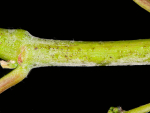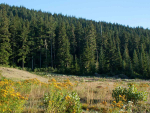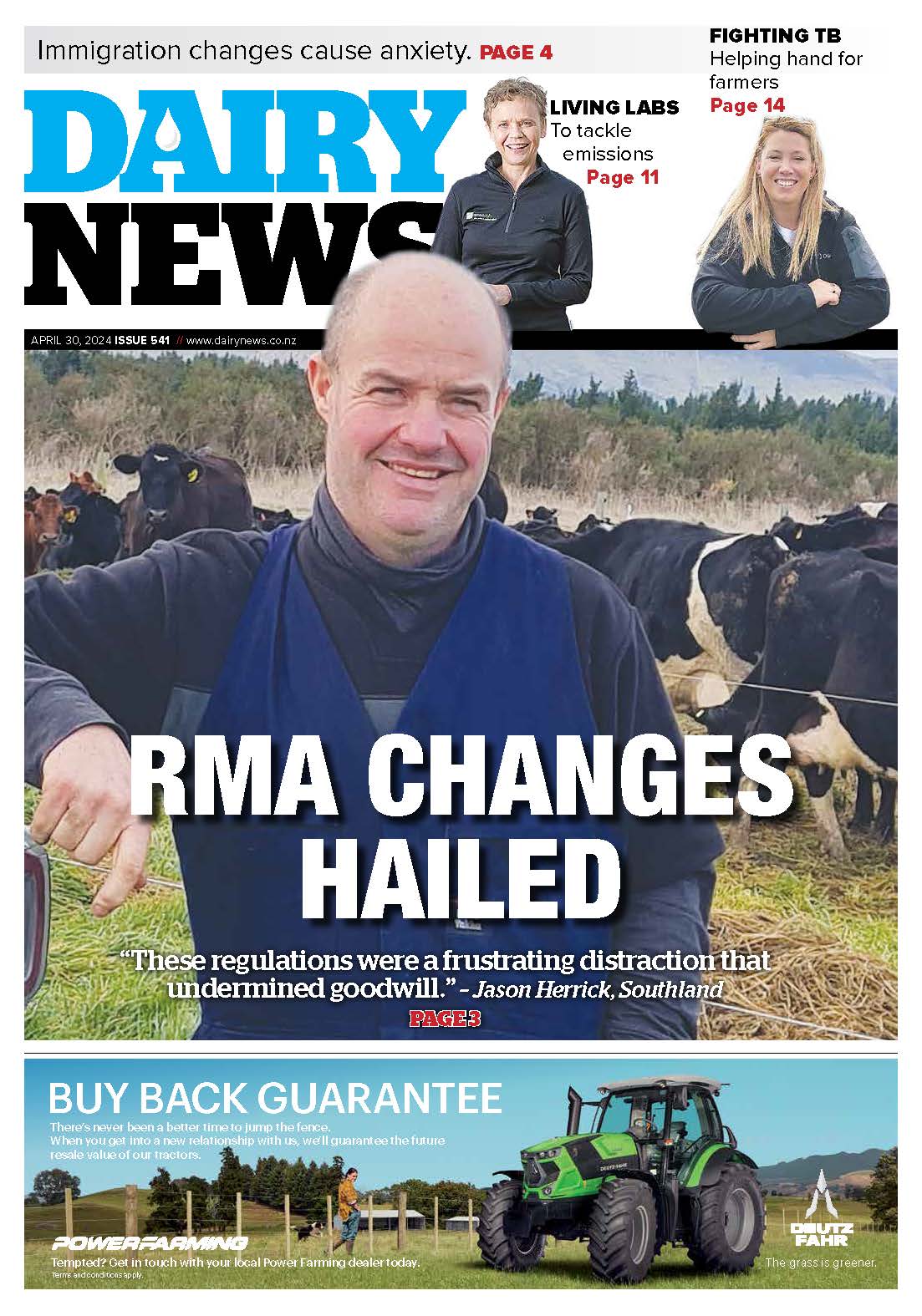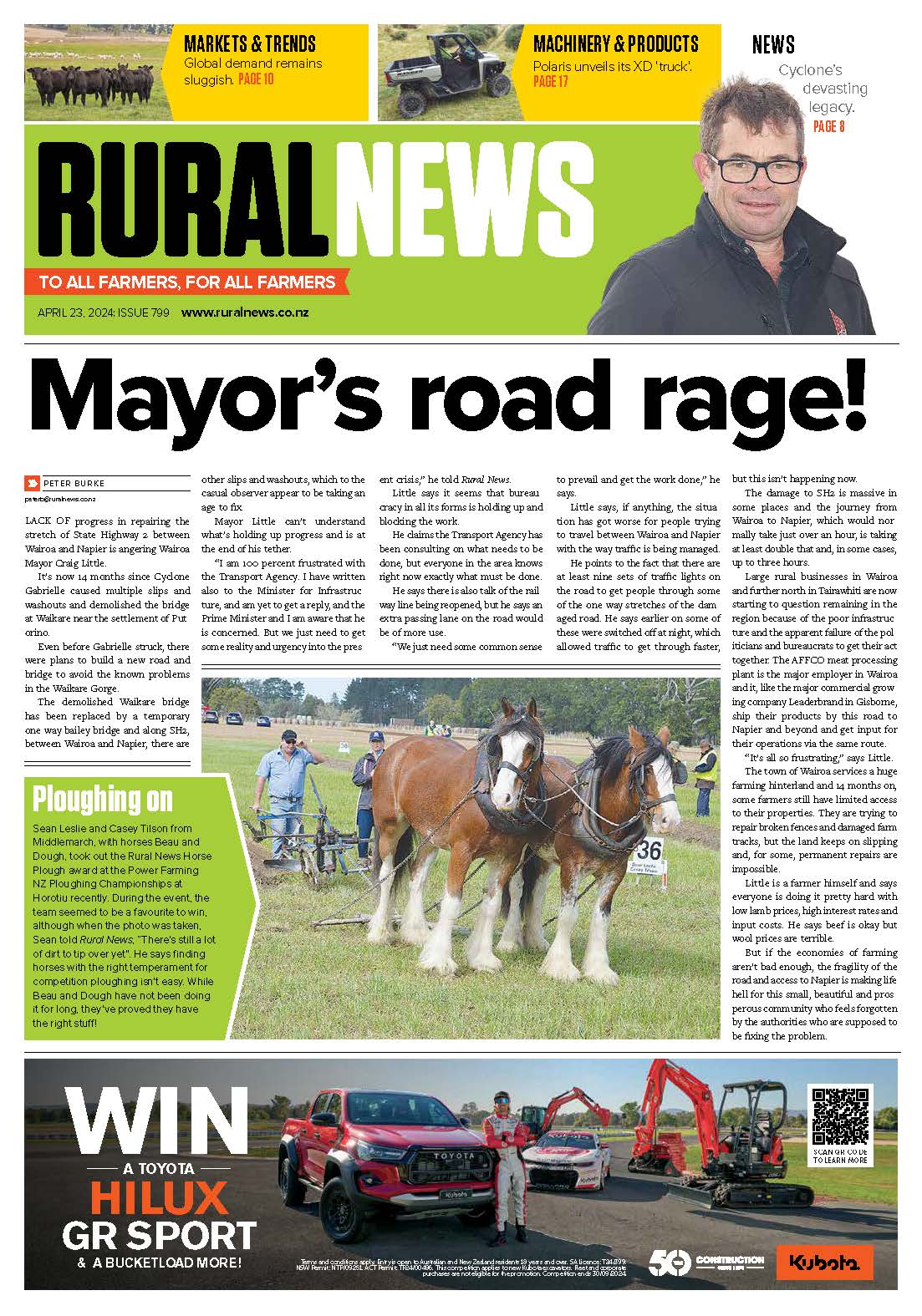An innovative mobile app that uses artificial intelligence to identify harmful weeds, pest animals and diseases is enabling more Kiwis to join the fight against invasive pests this summer.
The Find-A-Pest app, developed with funding from the BioHeritage National Science Challenge, was recently rebuilt and redesigned to make it easier to identify and report unwanted pests that harm New Zealand’s native species, export industries and ecosystems.
Project manager Abigail Evans says that Find-A-Pest covers all pests found on land and in water, including mammals, birds, insects, fungi and pathogens.
“The app helps build the database of information about pests and their spread, so anyone using Find-A-Pest is boosting New Zealand’s biosecurity intelligence,” she says.
“Reports from around the country can assist the many organisations involved in controlling and managing invasive pests, from central and local government, through to industry groups, producers and communities.”
University of Canterbury Associate Professor Steve Pawson, who led the development of Find-A-Pest, says app users can ensure pests are detected early so there is less damage to the environment.
“Not only is the app a tool for anyone who cares about New Zealand’s environment, Find-A-Pest is a handy educational resource you can use anywhere, with fact sheets on specific pests which are threats to New Zealand’s biosecurity,” Pawson says.
“It uses artificial intelligence (AI) to identify pests and provide information where the pest is found and how it flourishes, with a team of experts who confirm identifications and send feedback to users.”
Pawson says the phone app, first launched in 2018, makes it easier to report and identify any possible pest species.
“Find-A-Pest is unique among pest reporting apps used worldwide in that it not only allows citizens to make pest observations, but users also to help with rapid identifications. Anyone with a mobile phone can snap and send, to help protect New Zealand’s primary industries and native species.”
New Zealand’s plants and animals developed in isolation, making the flora and fauna only found here more susceptible to pests, he says.
“Find-A-Pest is a bit like Pokémon Go, but with a more serious side in that it is here to help protect New Zealand’s unique environment and our exports, which rely heavily on plants, and require a strong biosecurity system. Find-A-Pest encourages New Zealanders to stay vigilant this summer and report any weeds, pest animals and diseases.”
Find-A-Pest is a collaborative project based at the University of Canterbury between the Department of Conservation, the Ministry for Primary Industries, regional councils, Māori biosecurity organisation Te Tira Whakamātaki, primary industry groups including Horticulture NZ, NZ Wine, NZ Forest Owners Association, Kiwi Vine Health, Summerfruit NZ, and Apples & Pears NZ. The app was initially developed as a collaboration between scientists at Scion and Lincoln University, with support from the BioHeritage National Science Challenge.
Find-A-Pest is available via Google Play or the App Store at www.findapest.nz



















